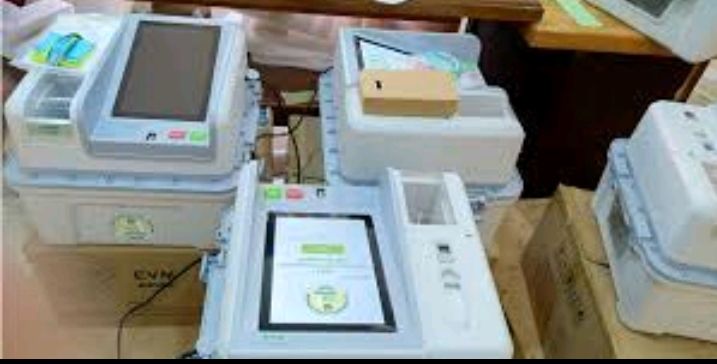As Nigeria continues to grapple with doubts over the credibility of its electoral process, voices from across the country are rising in support of a full electronic voting system. Policy analysts and elder statesmen believe that adopting digital voting in future elections could eliminate ballot snatching, reduce rigging, and restore trust in democracy.
In an exclusive interview with our reporter, Dr. Joseph Ile, a Port Harcourt–based policy analyst, stressed that the time has come for Nigeria to embrace modern technology to safeguard democracy. According to him, resistance from politicians stems from their fear of losing elections and power, which has hindered efforts to make votes truly count.
“Electronic voting will generate transparency, enhance credibility, and restore the confidence of the Nigerian electorate,” Dr. Ile said. “People should be able to vote from the comfort of their homes, view their votes, others can also view the person they voted for, and even track how votes are counted. If we can use BVN in banks, capturing fingerprints and images accurately every day, then Nigeria has no excuse not to adopt such systems.”
He further expressed concern about the judiciary’s role in electoral disputes, accusing judges of being under the influence of ruling parties.
“To crown it all, the judicial system—especially the judges—has become a tool in the hands of the ruling party. Nigerians are losing hope in democracy when their votes are constantly undermined,” he lamented.
Adding his voice, elder statesman of Rumurlumini Community Chief Emmanuel Nwokorie, backed the call for electronic voting but urged caution.
“I support electronic voting because it will reduce ballot box snatching, rigging, and violence at polling units,” Chief Nwokorie noted. “However, Nigeria must first build the infrastructure—stable electricity, internet coverage, and cyber-security systems—before it can work effectively. Otherwise, we may replace one problem with another.”
He further advised the Independent National Electoral Commission (INEC) to pilot the system in select states before rolling it out nationwide.
“We must learn from countries like India and Brazil, where electronic voting has been largely successful. But they did not rush into it; they built gradually. If Nigeria gets it right, it will go a long way in restoring peace and trust in our political system,” he said.

























